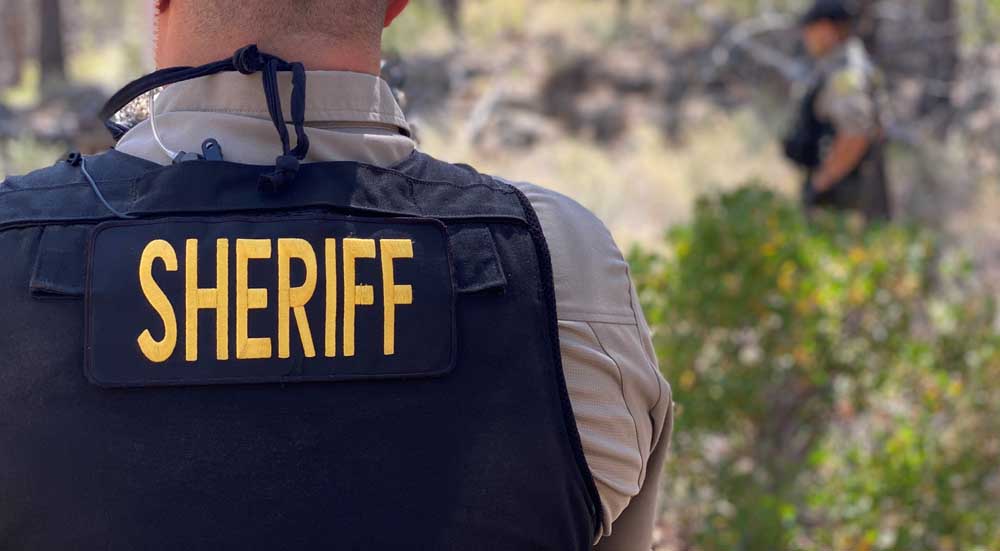In future HQ2 city, taxpayers could bear burden
Published 12:00 am Monday, August 6, 2018
Jared Evans, a member of the Indianapolis City-County Council, is proud the city is among 20 finalists for one of the most coveted prizes in the country: the planned second headquarters of Amazon.
He does, however, have one question: What financial incentives did his city offer?
“What have I been told?” Evans said. “Absolutely nothing.”
The search for HQ2, as the project has been nicknamed, is shrouded in secrecy. Even civic leaders cannot find out what sort of tax credits and other inducements have been promised to Amazon. And there is a growing legal push to find out, because taxpayers could get saddled with a huge bill and have little chance to stop it.
“The only time the public may become aware if the city has promised Amazon incentives is if we win and then we need to get those incentives passed,” Evans said.
A primary reason for the information blackout is that, in many cases, the bids were handled by local private Chamber of Commerce affiliates or economic development groups that are not required to make their negotiations public.
Many of the groups are also not covered by Freedom of Information Act or state open-records requests.
But another reason is gamesmanship. Some cities say they want their Amazon proposals to remain confidential to avoid showing their hand to rivals. And Amazon required the finalists to sign nondisclosure agreements that forbid the local groups to release proprietary information about the company.
“I don’t know what we offered Amazon in terms of financial incentives, but I believe Amazon wants to see the biggest incentive package that any city will offer them,” said Leslie Pool, a member of the Austin City Council in Texas. The city, also a finalist, submitted a bid put together by the Greater Austin Chamber of Commerce, which had no consultations with the City Council.
With so much secrecy — and bids like Austin’s that involve unelected officials making promises — there is the risk that taxpayers and their civic leaders will be forced to accept the proposed terms or live with turning down an enormously lucrative opportunity. Amazon, which is expected to make $235 billion in revenue this year, promises to bring the winning location up to 50,000 high-paying jobs and a $5 billion investment in construction.
When the competition was announced last year, 238 places vied to be considered. In January, that list was winnowed to 20 finalists, which are now waiting to find out whether their communities will land the project. There is widespread speculation that the company could cut the field down again as soon as this month, asking for best-and-final offers. Amazon has not offered any updates, and a spokesman declined to answer questions about the process or the company’s plans on the record.
The few bids that have become public are breathtaking financial packages that indicate just how much states are willing to pony up to woo Amazon. Maryland put together an $8.5 billion tax incentive and infrastructure bid, and local and state officials in New Jersey got legislative approval to offer Amazon $7 billion in tax credits and incentives to pick Newark.
But that kind of transparency is the exception.
“We are not releasing documents related to Amazon HQ2. We are not subject to FOIA,” Michael Finney, the president and chief executive of the Miami-Dade Beacon Council, a public-private partnership that handled the Amazon bid, said in an email. Similar requests to Austin, Atlanta and Indianapolis met with similar responses.
And when officials in Montgomery County, Maryland, did respond to a request for information on their bid, they delivered, among other items, a 10-page document of incentives — with every single line of text redacted.
Newark released its proposal only after a citizen filed a lawsuit, and officials in other places are fighting legal challenges. The mayor’s office of Chicago is pushing back against a transparency-seeking public advocacy group; Pittsburgh, Philadelphia and Pennsylvania are challenging rulings by the state Office of Open Records that said the cities’ pitches should be made entirely public.
The cities see more at stake than just the jobs and investment that Amazon’s second headquarters would bring. Amazon says its presence and investment in Seattle have created an additional 53,000 jobs beyond its own direct hires, and added $38 billion to Seattle’s economy from 2010 to 2016.
But there have also been serious downsides for the city. In a be-careful-of-what-you-ask-for address to the U.S. Conference of Mayors this summer, Mayor Jenny Durkan of Seattle said that housing prices in her city average $824,000, rents have soared 57 percent in the last five years and there are 4,000 homeless people on the streets every night.
Those are the types of concerns raised by Pool, the Austin councilwoman. Pool said that she thought her city lacked the infrastructure and housing to accommodate 50,000 high-paying jobs and that such fast growth would alter the city’s socioeconomic makeup and quality of life.
“This is a city where you want to put down roots,” Pool said. “The people here are the friendliest. The parks are beautiful. But if someone like Amazon comes in, a big con is the massive amount of dislocation it causes. You put out the small businesses and longtime property owners, the very businesses and people that give the city its flavor and, I would argue, its brand.”








